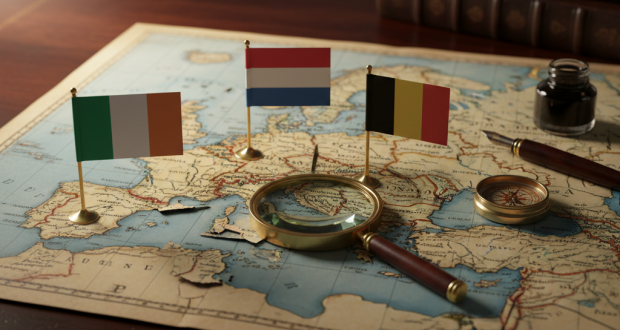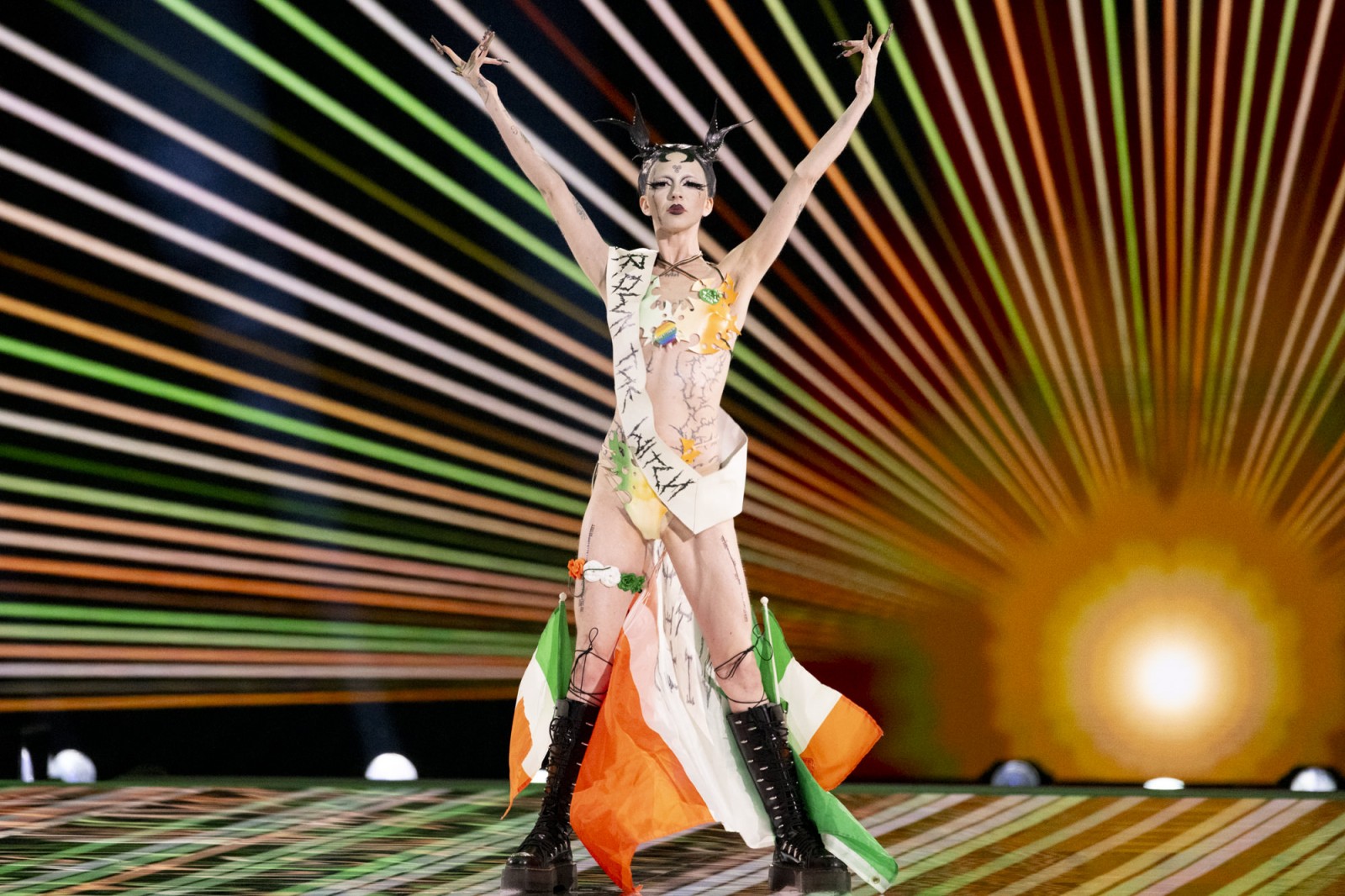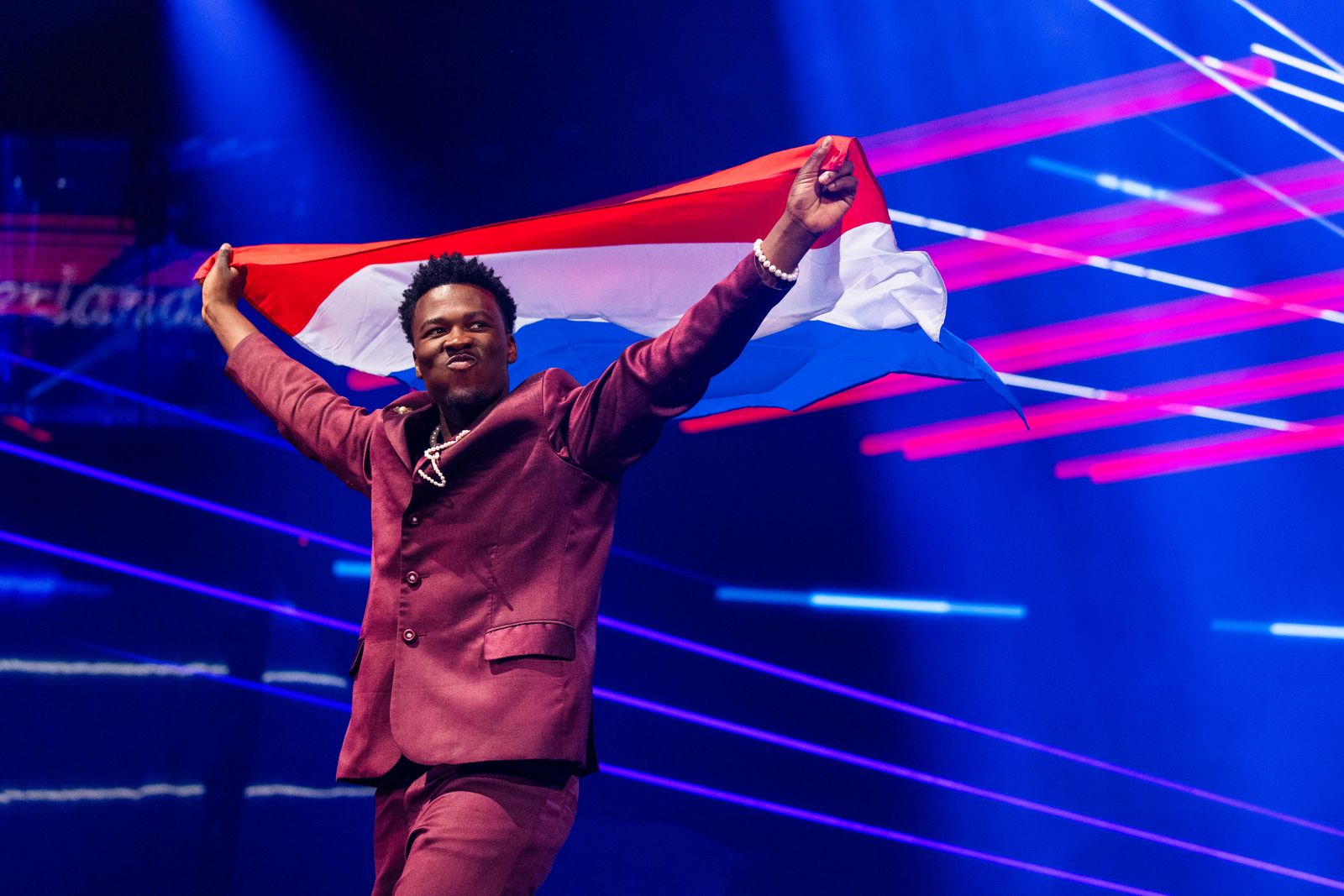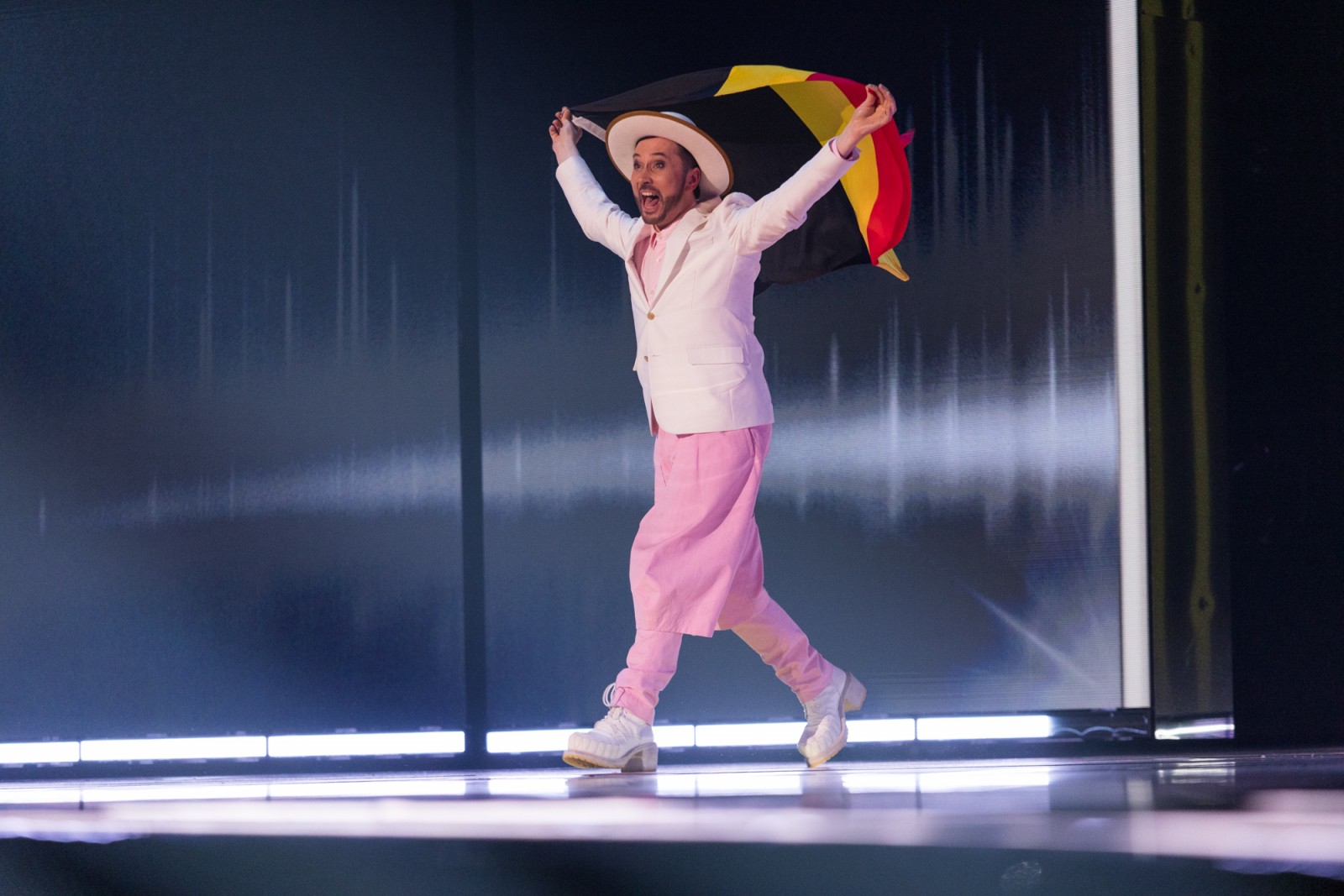A movement, started by Slovenia openly questioning Israel’s participation in the Eurovision Song Contest, is slowly taking over most of Europe. Following Slovenia’s lead, Spain and Iceland have also expressed concerns, and now pressure on the European Broadcasting Union (EBU) has dramatically intensified.
Both Ireland and the Netherlands have made it clear they will withdraw if Israel takes part, while Belgium has adopted a similar position and will make its final decision in December.
This chain of reactions puts immense pressure on the EBU, whose final decision on Israel’s fate at the 2026 contest has become crucial for preserving the unity of Eurovision.
Ireland takes the most dramatic stand
Ireland’s national broadcaster, RTÉ, one of the most successful in the contest’s history with seven wins, was the first to take a radical and, as it turned out, the most dramatic stance. In its official statement, RTÉ expressed deep concern over the humanitarian crisis in Gaza, the killing of journalists, restrictions on media access, and the plight of hostages.
However, what amplified the weight of this decision was the announcement that Ireland would not only withdraw its own entry but would also refuse to broadcast the contest at all if Israel remains in the lineup.
This decision represents one of the most significant national-level boycotts in Eurovision history, reflecting the growing public and media pressure in Ireland. As a cornerstone of the contest, Ireland’s withdrawal would have a symbolic and substantial impact on Eurovision’s identity and credibility.
The deadline for withdrawal without financial penalties has been extended to December, giving the EBU time to react, but also raising the stakes in this political game.
The Netherlands introduces a new dimension to the debate – accusations of political interference
Shortly after Ireland, the Dutch public broadcaster AVROTROS issued a statement, directly linking its participation to Israel’s admission.
Their statement, however, went a step further than the humanitarian crisis. AVROTROS is the first official broadcaster to mention “serious evidence of interference by the Israeli government” in the public televote during last year’s contest, arguing that the event was „used as a political instrument.“
This statement shifts the focus of the debate from ethical and humanitarian values to the very integrity and fairness of the competition, a key blow to Eurovision’s credibility. As one of the EBU’s largest funders, the Netherlands has a strong voice, and their conditional participation further complicates the situation.
Until now, the issue of political influence was a matter of speculation and social media debate, but the Dutch broadcaster is the first to formally address it, arguing it contradicts the apolitical nature of the contest.
While preparations for Eurovision 2026 will continue as planned, the Netherlands’ participation is now conditional on the EBU’s decision, which increases the pressure on the union to act.
Belgium awaits December, while Scotland calls for a boycott
While Ireland and the Netherlands have made clear decisions, the situation in Belgium is more complex. The Flemish public broadcaster VRT has stated that it „supports the position of countries considering withdrawal,“ but emphasized that the final decision depends on the French-speaking broadcaster RTBF, which is responsible for the country’s participation in 2026.
In its statement, VRT has nonetheless reserved the right not to broadcast the contest if the EBU does not provide a “sufficiently strong” response to the concerns raised.
Similar pressure is coming from Scotland, where the Green Party has called on the BBC to join the boycott. Although the Greens do not hold significant power at the UK-wide level, their message carries weight in the context of the growing public debate. Scottish Greens culture spokesperson, Patrick Harvie, pointed out that „war crimes must never be normalized“ and that the BBC, as one of the largest Eurovision broadcasters, should use its influence.
The comparison to Russia’s exclusion after its invasion of Ukraine clearly underscores the moral appeal for the EBU to apply the same principles.
What’s next? The EBU under immense pressure and facing a historic decision
The European Broadcasting Union is facing one of the most complex situations in its history.
On one hand, the EBU must respect its statutes, which mandate being apolitical and inclusive—the foundation of Israel’s participation. On the other hand, it faces the real threat of key members withdrawing, which would damage the contest’s credibility and financial stability.
The deadline for final participation decisions has been extended to December, giving the EBU more time, but also risking the situation spilling over into national-level politics.
This development threatens to disrupt the very foundations of the Eurovision Song Contest, whose primary goals have always been to bring people together and promote peace, equality, and respect.
Will the EBU be able to balance a musical spectacle with the increasing political reality? The answer will determine not only the lineup for the 2026 contest but also the future of the Eurovision brand itself. The uncertainty is immense, and the EBU’s final decision is eagerly awaited across Europe.
 OGAE Serbia :: Vaš evrovizijski svet
OGAE Serbia :: Vaš evrovizijski svet






